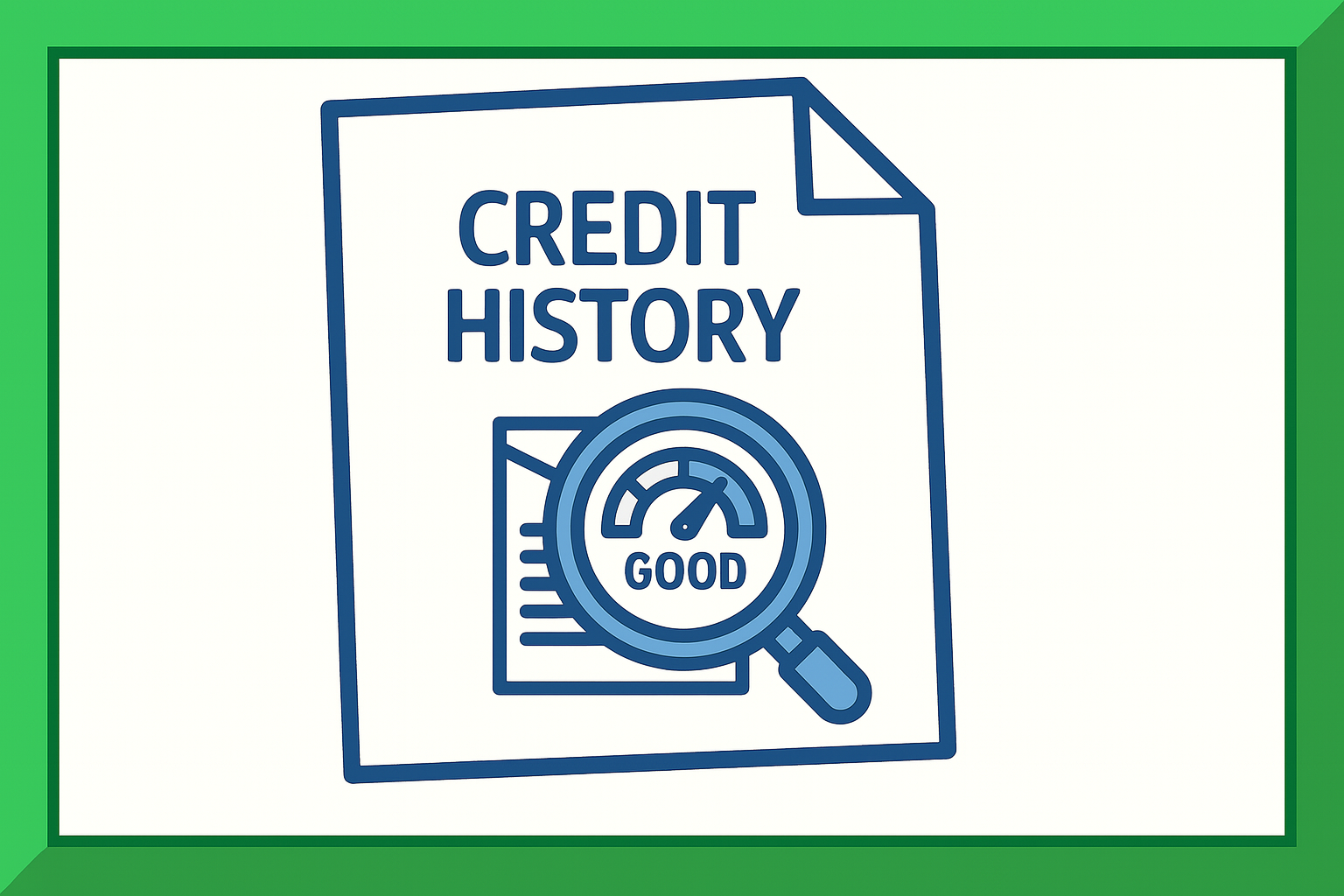
Understanding Your Credit History
Your credit history is one of the most powerful indicators of your financial reputation. It’s more than just a number—it’s a record that lenders, landlords, insurers, and even employers may use to evaluate how financially trustworthy you are. In today’s financial landscape, understanding your credit history is essential for making smart decisions that open the door to better opportunities.
What Is Credit History?
Credit history is a detailed record of your past and current debt obligations. It includes information on credit cards, mortgages, car loans, student loans, and any other credit-based financial activities. This history is composed of your FICO score and is compiled and maintained by the three major credit bureaus: Equifax, Experian, and TransUnion.
Each time you borrow money or make payments on a debt, that activity is recorded. Over time, these records form your credit profile, which lenders review to determine how reliable you are when it comes to repaying borrowed funds.
What’s in Your Credit History?
Here’s what typically appears in your credit file:
-
Personal identification information. Name, address, Social Security number, and employment history.
-
Credit accounts. Current and past credit cards, mortgages, and loans, including account limits, balances, and payment history.
-
Public records. Bankruptcies, foreclosures, and tax liens.
-
Inquiries. A list of parties that have checked your credit—either soft or hard inquiries.
Each of these elements helps form the backbone of your credit score.
Credit Score vs. Credit History
While credit history is the detailed data, your credit score is a snapshot of that data represented by a number—usually between 300 and 850. This score gives lenders a quick, high-level view of your risk as a borrower.
Credit Score Ranges:
-
800 – 850: Exceptional
-
740 – 799: Very Good
-
670 – 739: Good
-
580 – 669: Fair
-
300 – 579: Poor
For example, if your score is above 740, you’re likely to receive better loan terms, such as lower interest rates and higher credit limits.
Why Does Credit History Matter?
Imagine two people with similar jobs, incomes, and goals—Mike and John. Both apply for a $10,000 loan:
-
Mike has a score of 750. He pays all his bills on time and keeps his credit card balances low.
-
John has a score of 600. He’s missed several payments and carries high credit card debt.
Mike gets approved with a 5% interest rate, costing him $500 over the life of the loan. John gets a 10% interest rate, costing him $1,000. That’s twice the cost for the same loan—all because of a weaker credit history.
This scenario shows how credit history directly affects your financial future—from interest rates and loan approvals to insurance premiums and even renting an apartment.
How To Build and Maintain a Strong Credit History
Whether you’re just starting or rebuilding, the following tips can help you create a healthy credit profile:
1. Always Pay On Time
Payment history is the most important factor in your credit score. Set up automatic payments or reminders to stay on schedule.
2. Keep Credit Utilization Low
Try to use less than 30% of your credit limit. This shows lenders you’re not overextended.
3. Don’t Close Old Accounts
The longer your credit history, the better. Keeping older accounts open can improve your credit age.
4. Limit New Credit Applications
Each hard inquiry can slightly reduce your score. Only apply for credit when necessary.
5. Review Your Credit Reports
Get free annual reports from AnnualCreditReport.com and dispute any errors that could be dragging your score down.
Your credit history isn’t just a report—it’s a tool that can either unlock or block life’s opportunities. Whether you’re aiming to buy a home, secure a business loan, or simply get a better credit card offer, it starts with understanding and improving your credit history.